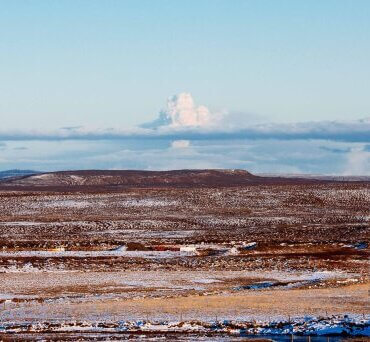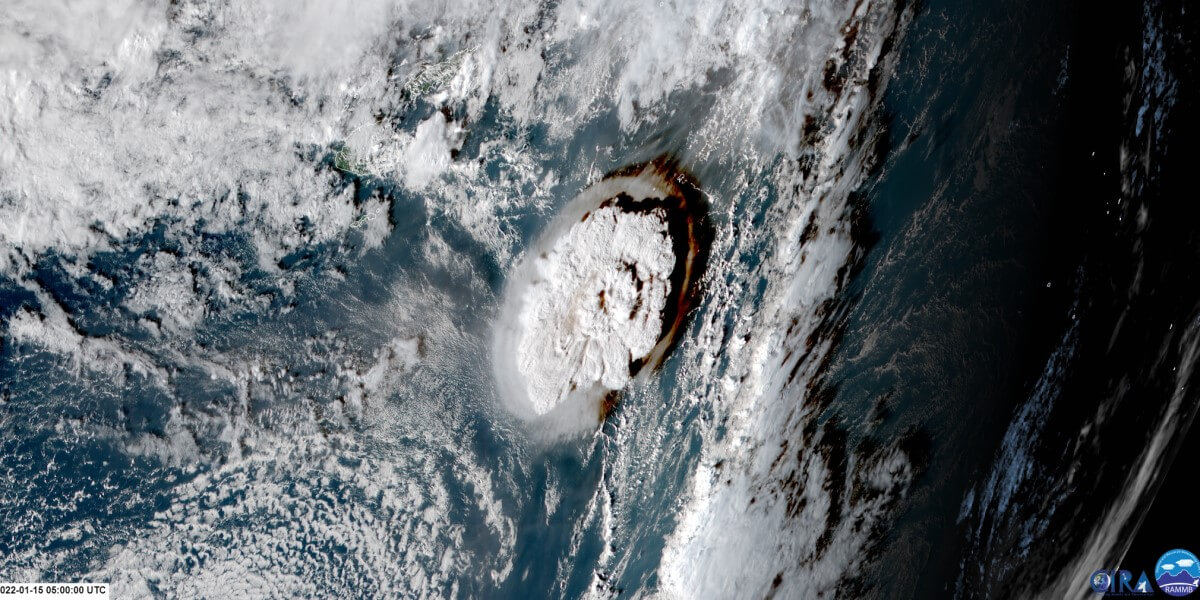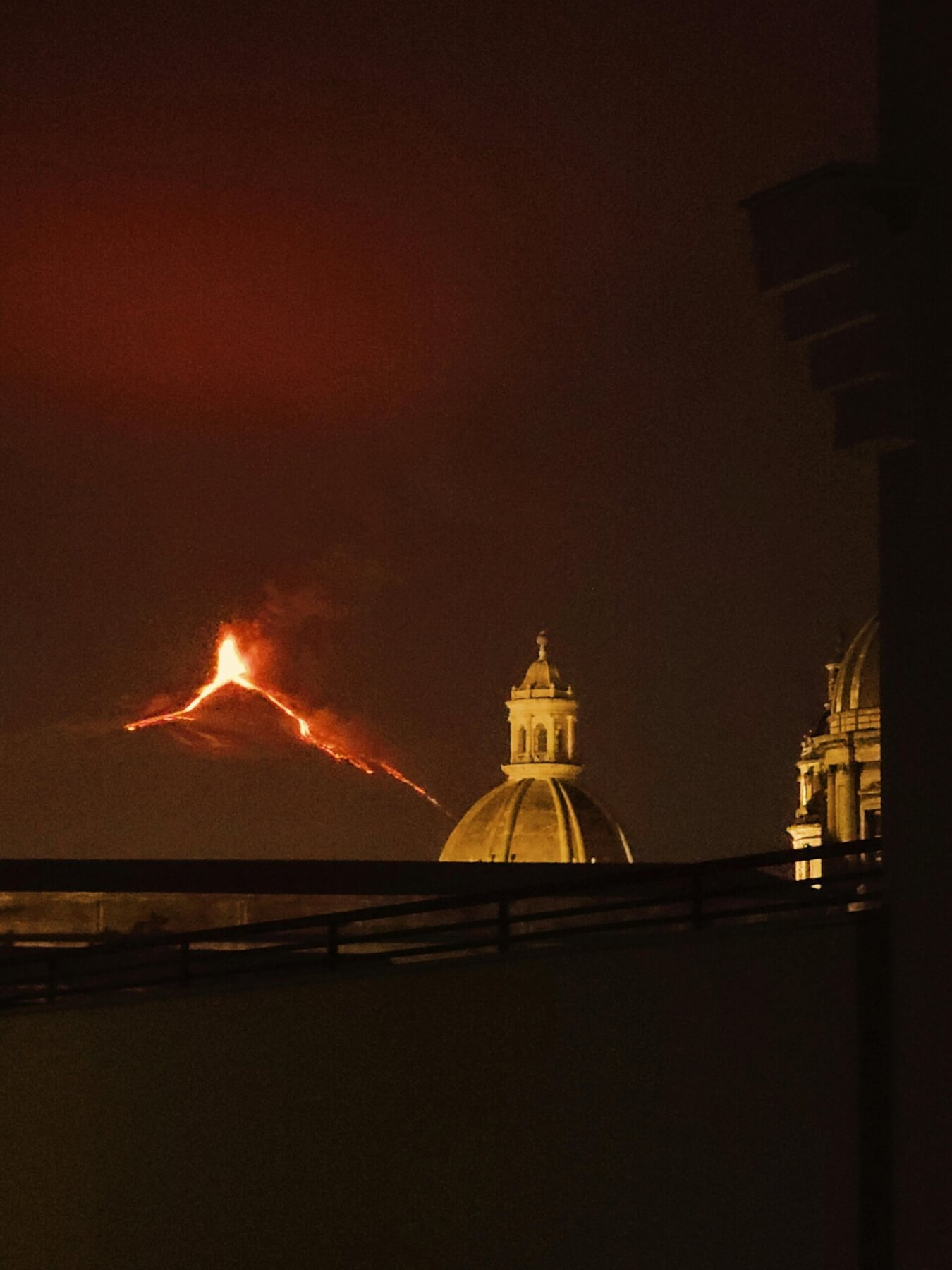
Volcanic eruption
We don’t predict eruptions – we forecast them.
I sigh every time a headline boldly claims that new research will allow us to predict volcanic eruption. The word predict implies precision: saying exactly what will happen, where, and when. That’s simply not how volcanoes work.
Instead, we forecast eruptions – like meteorologists forecast the weather. Much like weather systems, volcanoes involve complex, ever-changing factors. Forecasts improve as we get closer to an event, but they’re never absolute.
The ongoing eruptions near Grindavík, Iceland, offer an exceptional case study in how effective volcanic forecasting can be. The Icelandic Meteorological Office (IMO), the official monitoring agency, has done a remarkable job. But what makes a good forecast?
The foundation is expertise. We need volcanologists with the right skills and experience, backed by advanced monitoring tools and research technologies.
Take seismic signals, for example. Before an eruption, a volcanic system produces complex seismic activity. Interpreting these signals requires a specialist, typically a volcano seismologist or geophysicist, alongside a well-maintained network of seismometers and the technology to decode what those signals mean.
But that’s just one piece of the puzzle. Other monitoring methods must also be integrated – gas emissions, ground deformation, thermal imaging, and more. The IMO’s website, for instance, shares updates on seismicity, volcanic gases and surface movement.
Each volcano has a unique personality – complete with its own “mood swings.” To forecast its behaviour, we must understand its history. Past eruptions help us anticipate future ones.
That understanding takes time and collaboration. Volcanology is a diverse field. My own research focuses on how eruptions interact with the environment and communities. To understand what leads up to an eruption, rely on experts who specialise in those early signals.
Monitoring data makes sense only when placed in context. Fortunately, Iceland has a rich history of volcanic research, covering a wide range of eruption styles and the deeper magma systems driving them.
This current eruption series is especially valuable because it’s happening in a location where we’ve already seen multiple events -11 eruption episodes since 2021. This growing dataset allows volcanologists to compare patterns and refine their forecasts. The IMO has developed methods to estimate how much magma is accumulating beneath the surface, which helps them forecast the size and likelihood of future eruptions.
One of the biggest challenges? There’s no single signal that guarantees a specific outcome. Magma evolves as it rises through the crust, interacting with different rock types and pressures along the way. Each stage can produce different kinds of activity.
That’s why it’s essential to consider the range of possible outcomes. Good forecasting isn’t about certainty – it’s about informed probabilities that help communities prepare.
By monitoring volcanoes during periods of calm, unrest, and eruption, we’re learning what each phase looks like – and how varied the signals can be, even within the same system.
Volcanoes are incredibly complex, dynamic systems. Change happens over time and across space. That’s why we don’t make predictions. We make forecasts—because understanding what might happen, and when, can save lives.











